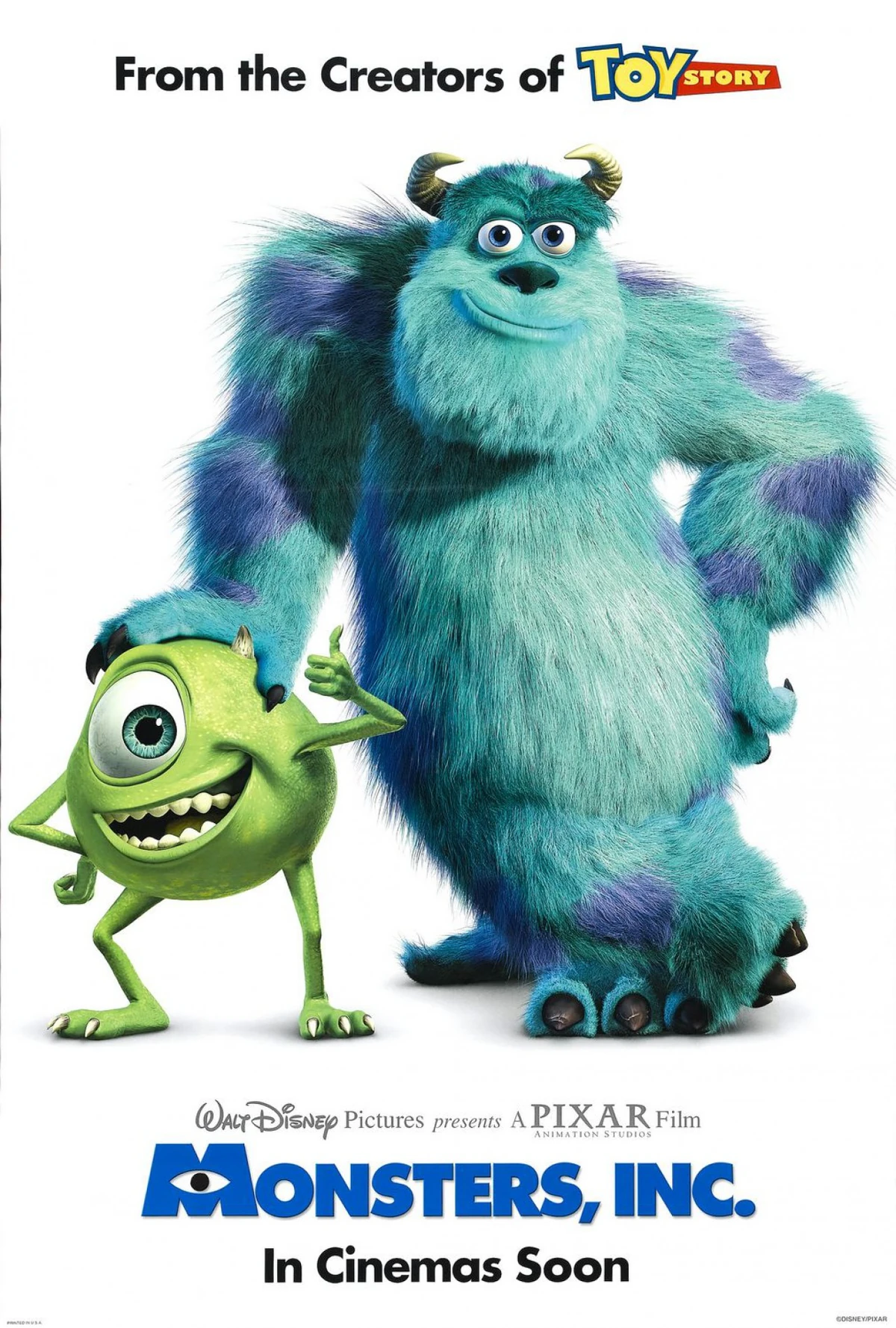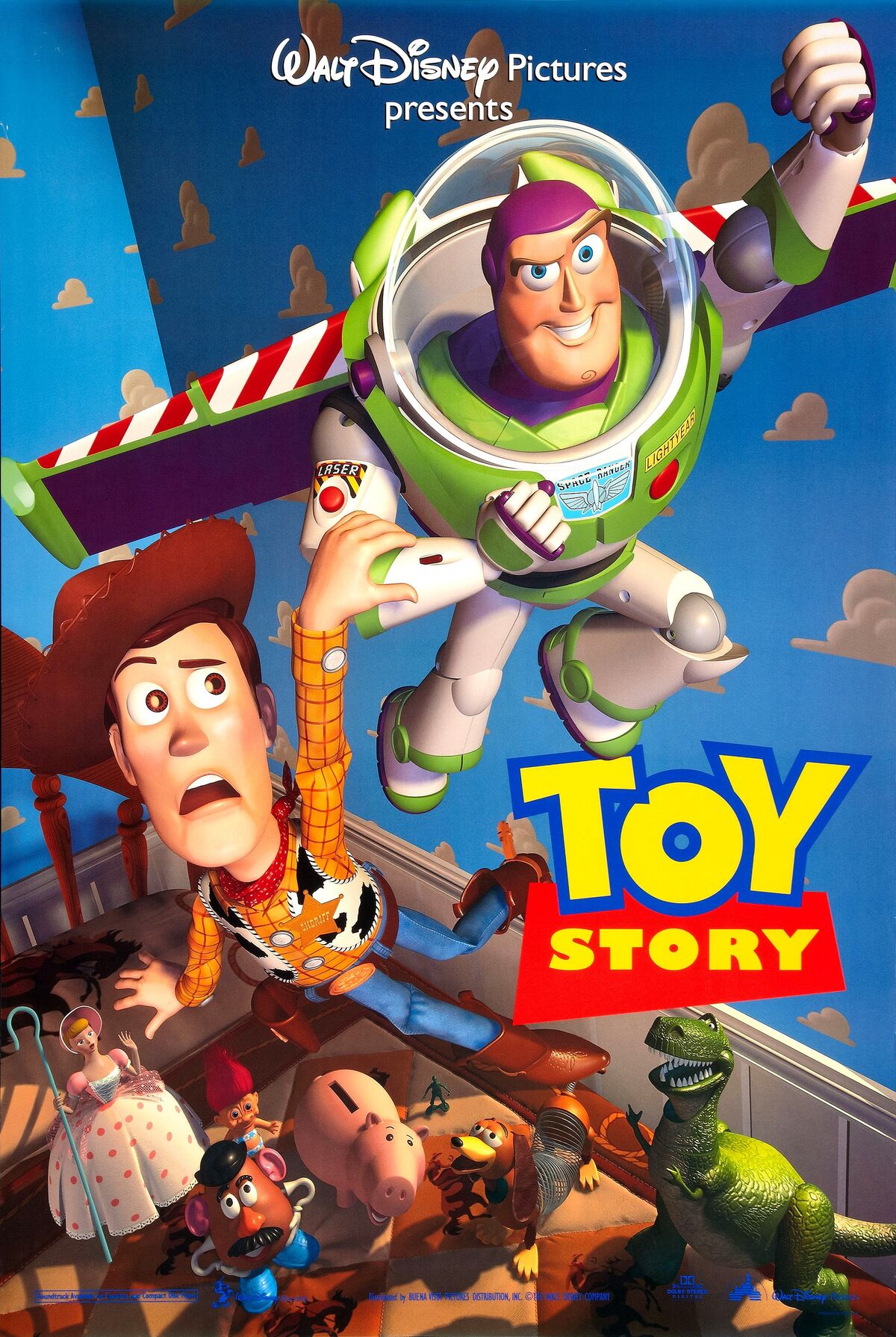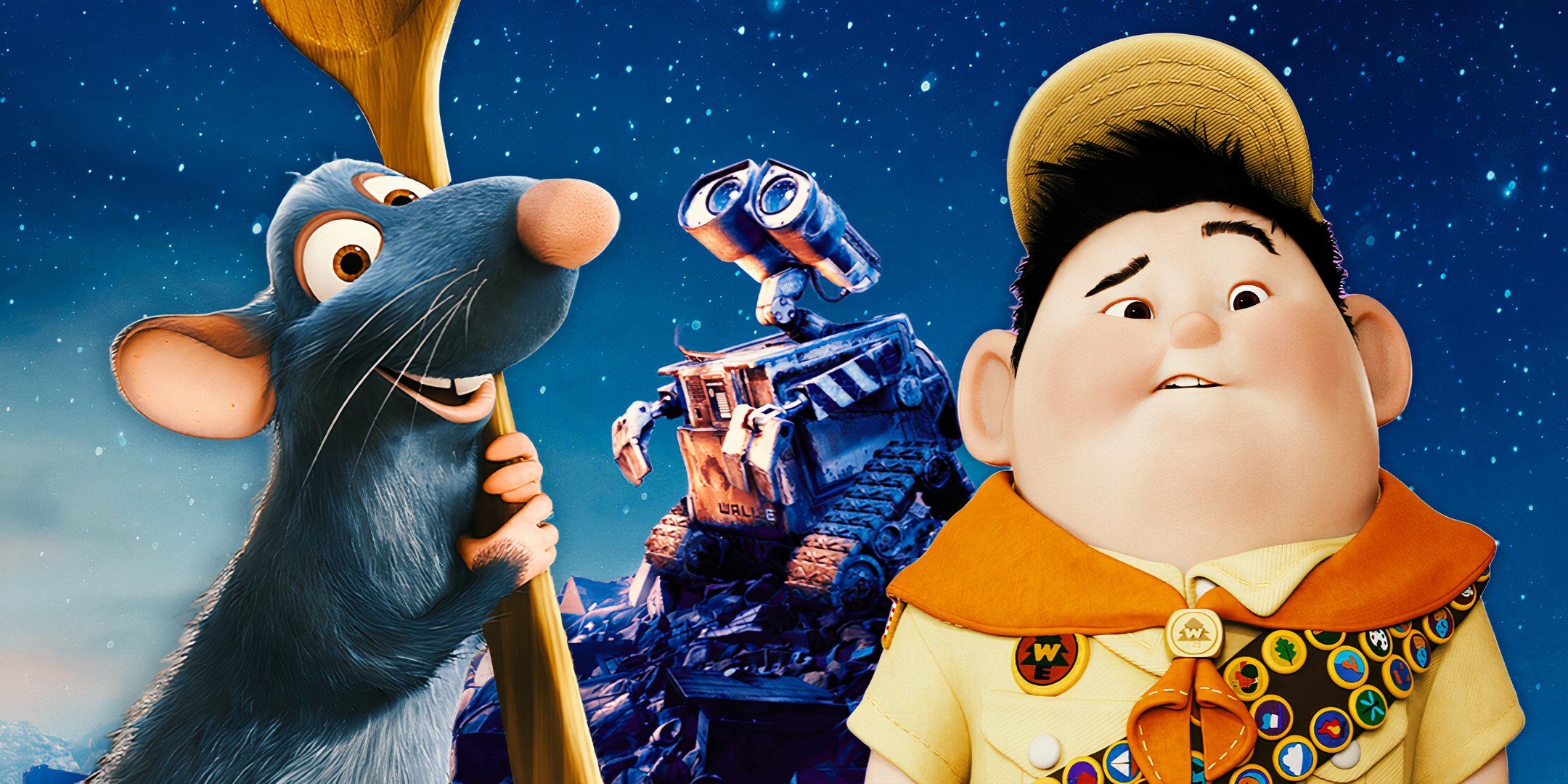Sci-fi movies can bend the rules however they please, but they're often more compelling when they stick to the facts and present more accurate depictions of outer space. Many of the best space exploration movies ever - like 2001: A Space Odyssey and Interstellar - are often praised by astronauts and scientists.
Filmmakers have to strike the right balance between pure cinematic spectacle and solid science, otherwise their movies will have no real weight to them. Whether a space movie is based on real-life astronauts or a speculative journey far off in the future, they can benefit from capturing the realities of outer space, and the ways that space travel affects people.
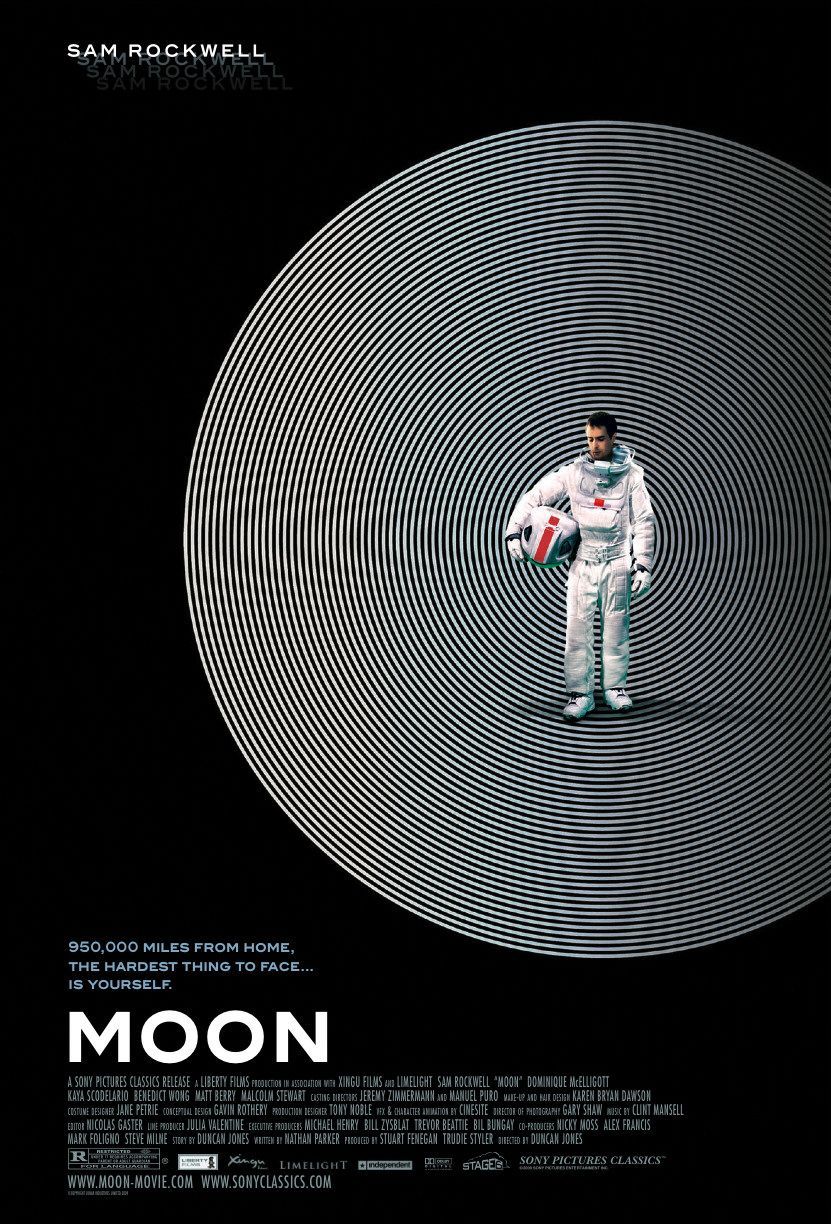
Moon has a much lower budget than most movies about space travel and astronauts, and this is one reason why it never reached the size of audience that it deserves. Sam Rockwell delivers a superb performance as a man who thinks he's alone on a lunar mining mission, until one of his clones wakes up.
Duncan Jones discovered that some of his ideas on the future of space travel were already being worked on by NASA.
, where director Duncan Jones discovered that some of his ideas on the future of space travel were already being worked on. (via Popular Mechanics) In particular, NASA has been developing forms of concrete using materials available on the moon, to construct more long-term buildings without transports costs from Earth.
The Martian is one of Ridley Scott's best movies, and it highlights his commitment to good storytelling and entertaining spectacle above all else. He has often been criticized for his loose approach to historical accuracy in movies like Gladiator and Napoleon. The Martian has a similarly patchy record on scientific accuracy.
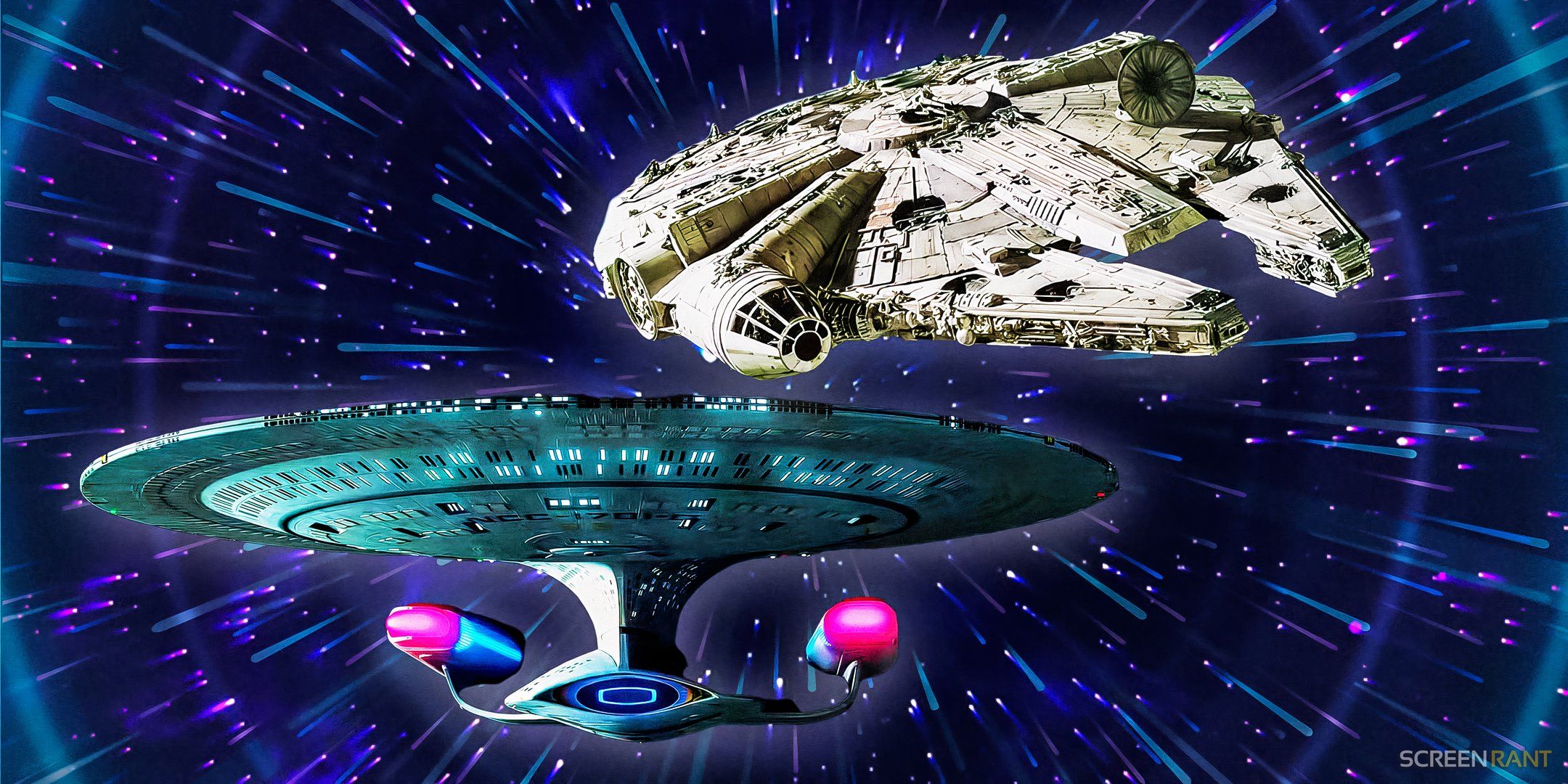
Related
10 Most Iconic Spaceships In Sci-Fi Movies & TV Shows
Throughout the decades, some of the best sci-fi stories on the big and small screens are recognized based on their most iconic spaceships.
American aerospace engineer Dr. Robert Zubrin appreciated Donald Glover's character, a junior scientist who comes up with the idea of using the Earth's gravity to propel the spaceship back towards Mark Watney on Mars. (via The Guardian) The science behind this idea is sound, and it was vital in NASA's Voyager programme.
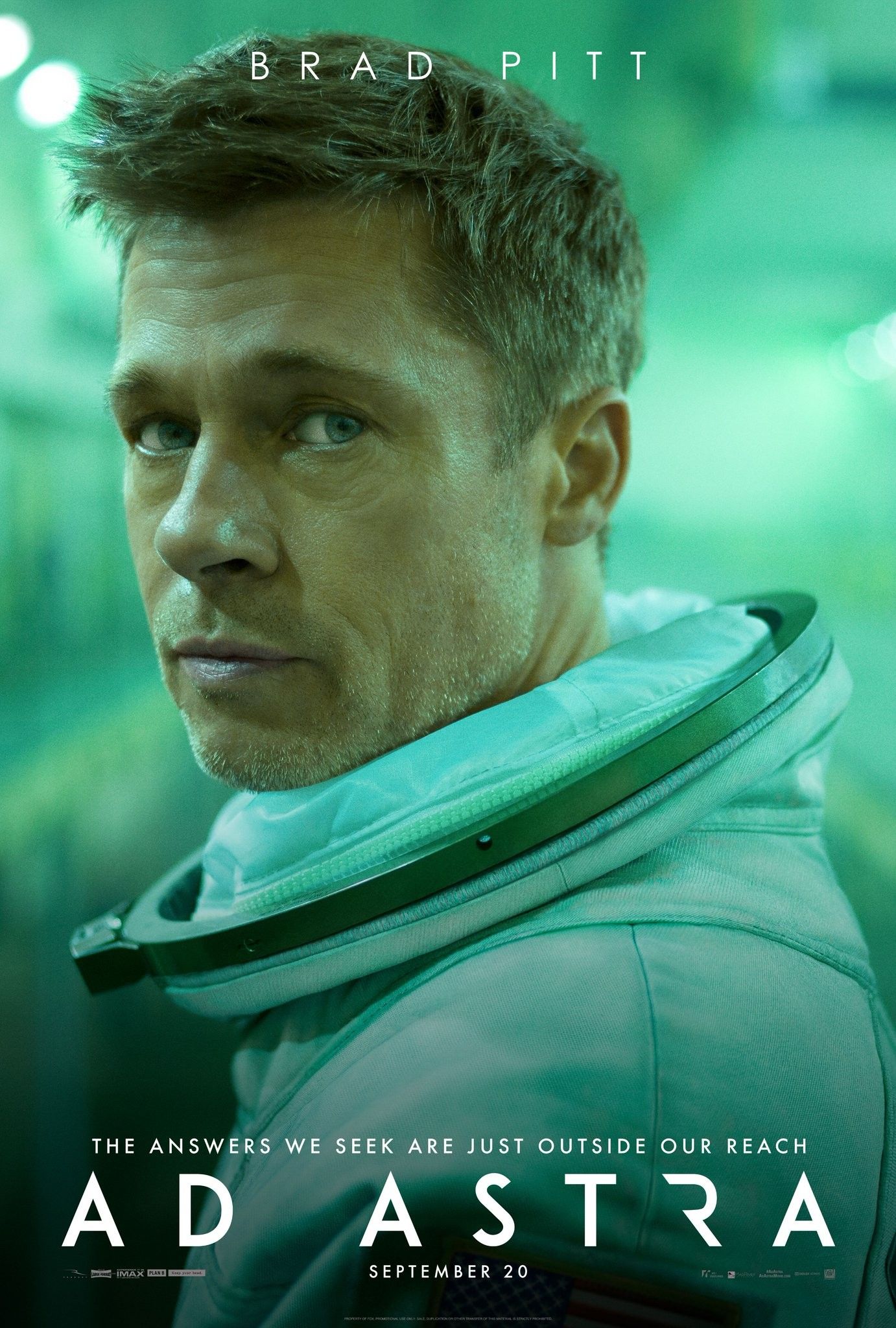
Ad Astra deserves more love, but it probably suffered from the fact that it came out after a decade of popular space exploration movies, just as the trend was dying out. The story reinvents Joseph Conrad's Heart of Darkness, with references to 2001: A Space Odyssey woven in.
, which reflects the dark magic that hums throughout Conrad's novella, but there are other scenes which are more accurate and plausible. Stanford University's Dr. Nicolas Lee praised the film's portrayal of Roy McBride's improvisational survival skills in space, as well as the dramatic spacewalk near the end. (via Esquire)

WALL-E is one of Pixar's best movies, and it's definitely one of the studio's most ambitious. WALL-E has a rare sense of spectacle, making the most of Pixar's cute charms, but mixing them with some jaw-dropping landscapes and outer space scenes. A lot of it is purely speculative, and people shouldn't ask for too much authenticity from a cartoon, but there are some elements which scientists have found to be surprisingly accurate.
Prof. James Hicks praised the way that WALL-E depicts the long-term effects of space travel on the human body. (via Variety) Due to the lower gravity, muscles would atrophy and bone density would decline, meaning that , especially as they struggle to walk when they return to Earth.
2001: A Space Odyssey has probably had more influence on the space exploration subgenre than any other movie ever made, from its aesthetics to its cerebral thematic storyline. Although it was made before humans even landed on the moon,
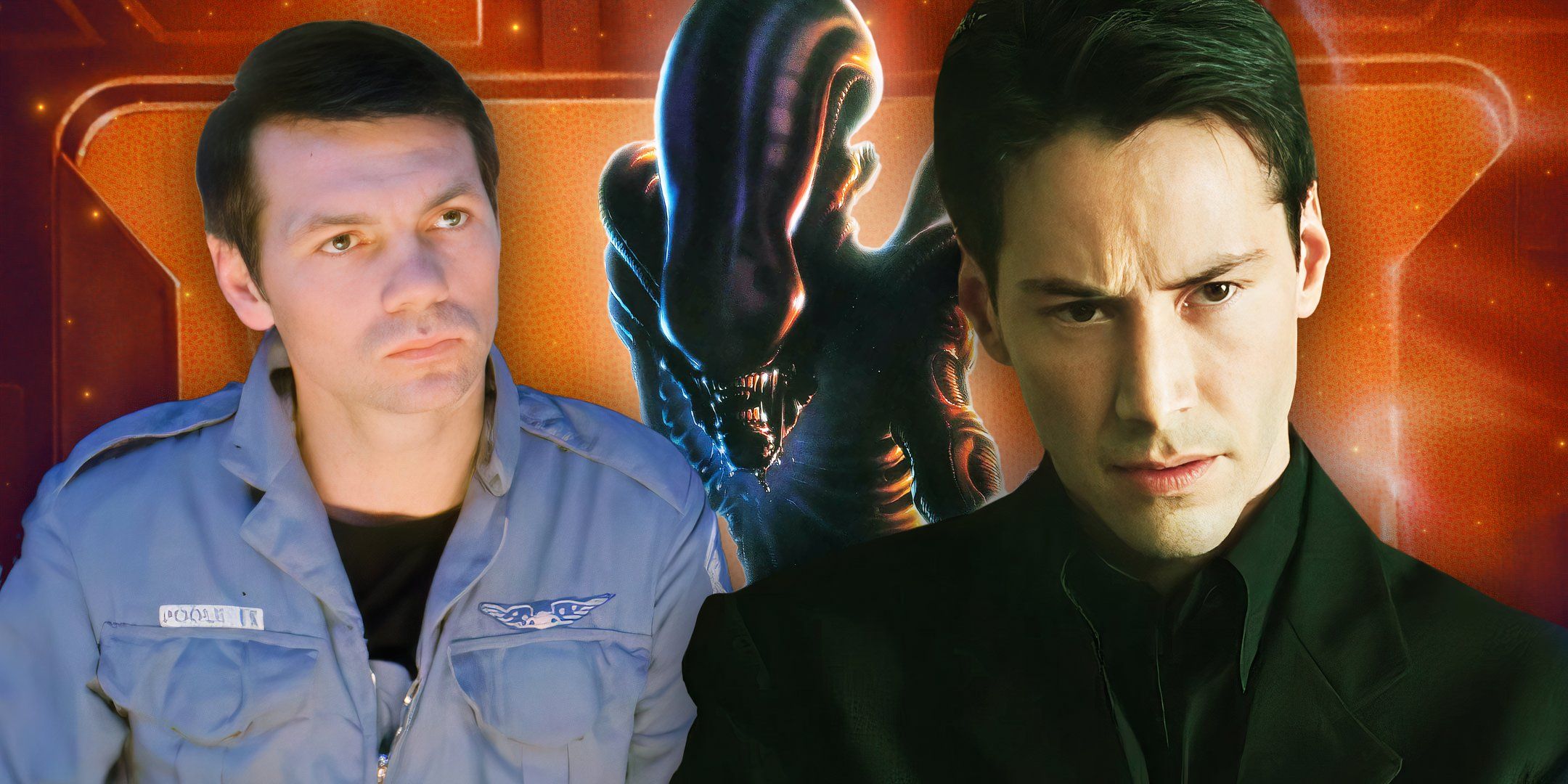
Related
10 Sci-Fi Masterpiece Movies That Everyone Should Watch At Least Once
Sci-fi has been integral to the history of cinema. Over the years, certain films in the genre remain in a league of their own and are worth watching.
The ending of 2001: A Space Odyssey shoots off into surreal abstraction, but Dave's journey before entering the kaleidoscopic vortex is one of the most accurate depictions of spaceflight on film. The film's portrayal of zero-gravity maneuvers and the vast emptiness of space is often cited as authentic. (via SFGate) The slow pace highlights the great distances and lack of sound in space.
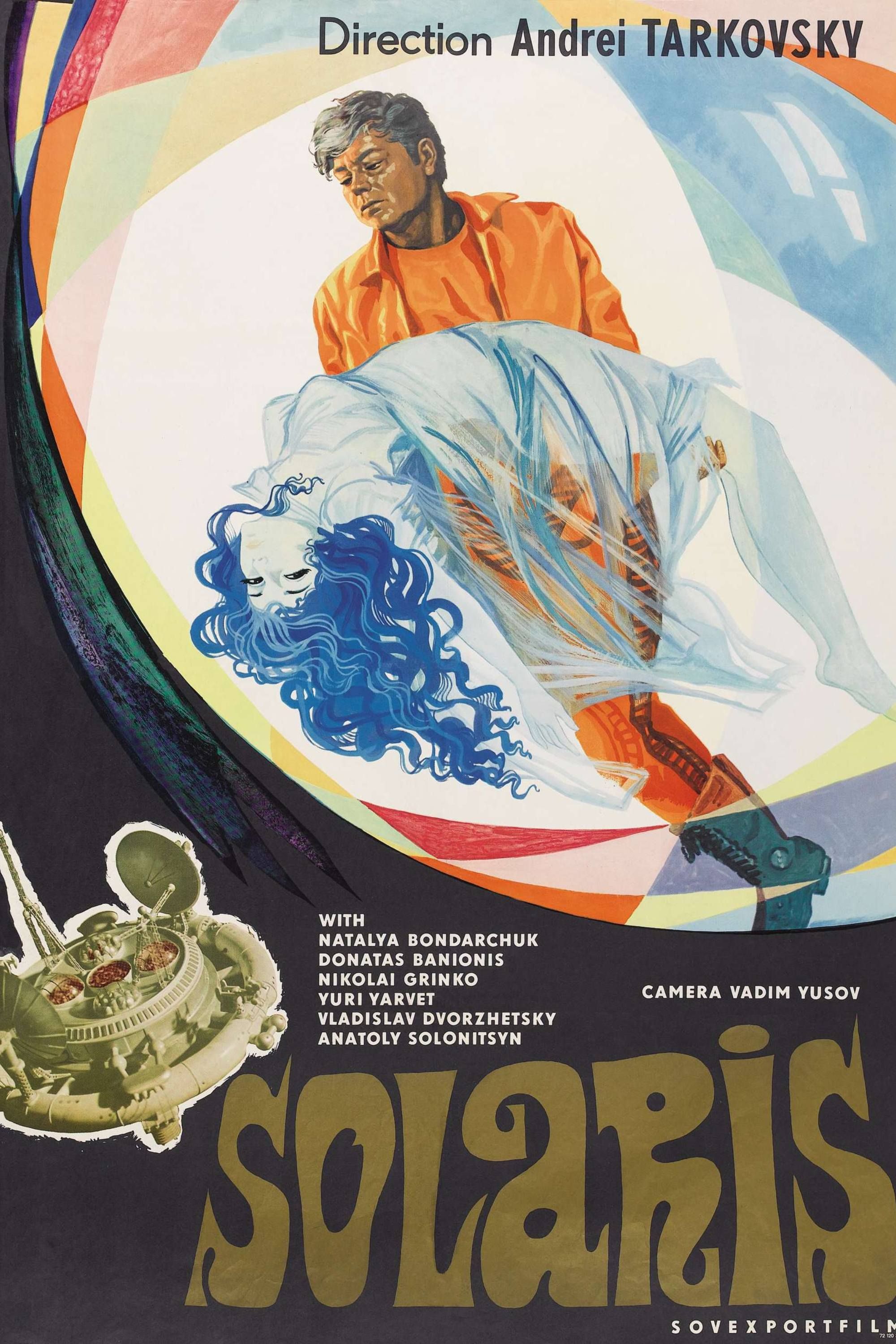
Solaris
- September 26, 1972
- 167 Minutes
- Andrei Tarkovsky
- Stanislaw Lem, Fridrikh Gorenshteyn, Andrei Tarkovsky
Solaris has been described as Andrei Tarkovsky's response to 2001: A Space Odyssey, with a heavier focus on the emotions and mental states of the characters and a reduced sense of scale. Despite these obvious differences, it's also regularly been praised by scientists with an interest in space exploration.
As humanity begins to set its sights on longer space voyages, Solaris is also worthy of praise for the way it comes up short of empirical truth, highlighting the limits of scientific understanding. (via New Scientist)
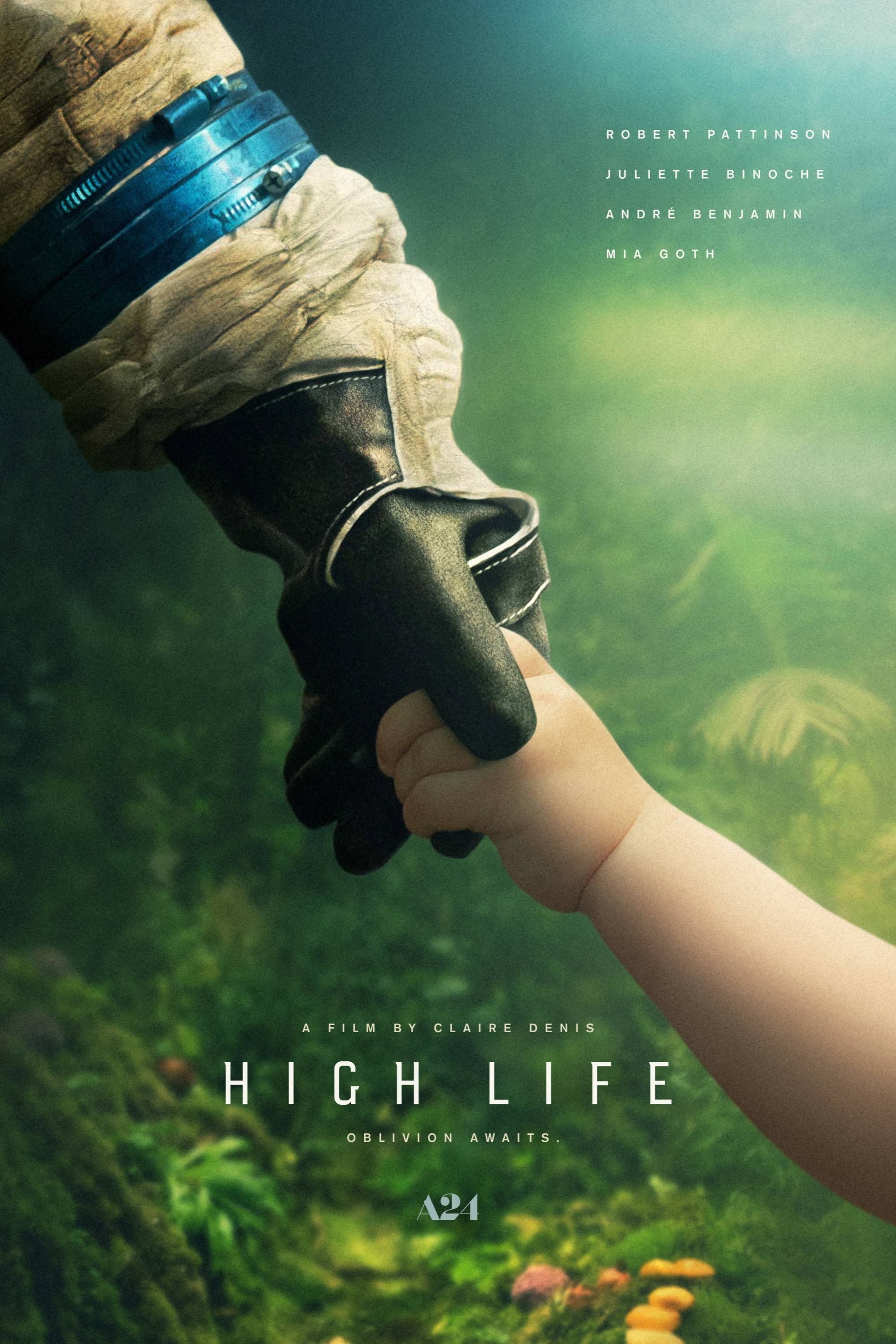
High Life

5/10
- September 26, 2018
- 113 Minutes
- Claire Denis
- Claire Denis, Jean-Pol Fargeau, Geoff Cox
High Life is much darker and more pessimistic than many other space exploration movies. Rather than reveling in the grandeur of the cosmos, High Life looks inward to the grimy aspects of human nature that might be exacerbated by long-term space flight, and the financial incentives to explore the universe.
To ensure that her portrayal of space was as accurate as possible, and got some hands-on training to understand what astronauts had to go through before launch. (via Science and Film) While some of High Life is mere speculation, a lot of the details are drawn from real life.
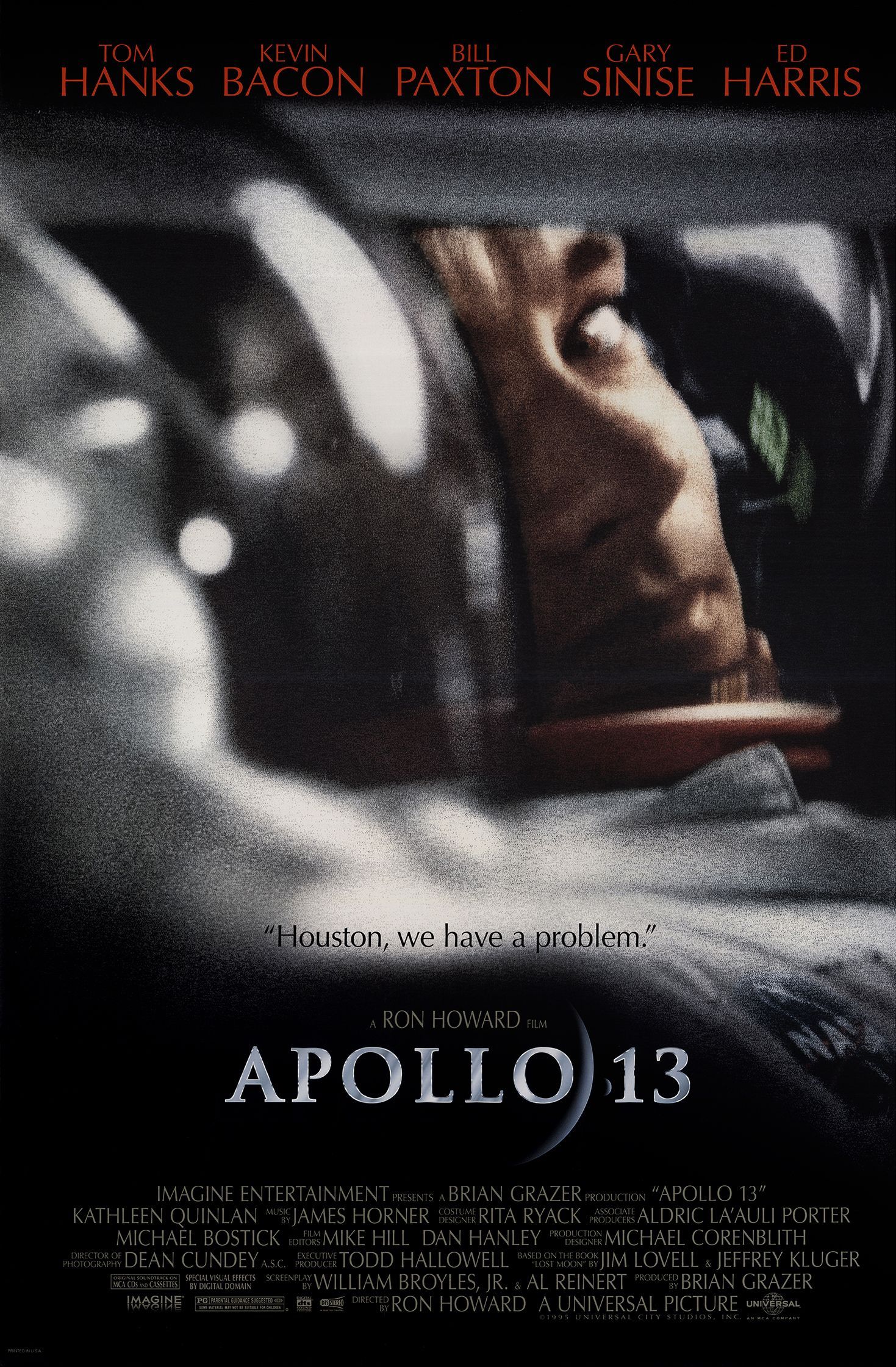
Apollo 13
- June 30, 1995
- 140 Minutes
- Ron Howard
- Jim Lovell, Jeffrey Kluger, William Broyles Jr.
Apollo 13 retells the true story of the famous aborted lunar mission in 1970. The story doesn't need any embellishment to be an exciting thriller, so it sticks to the facts as much as possible. This includes using the genuine transcripts from inside the capsule and NASA's flight control as dialogue.
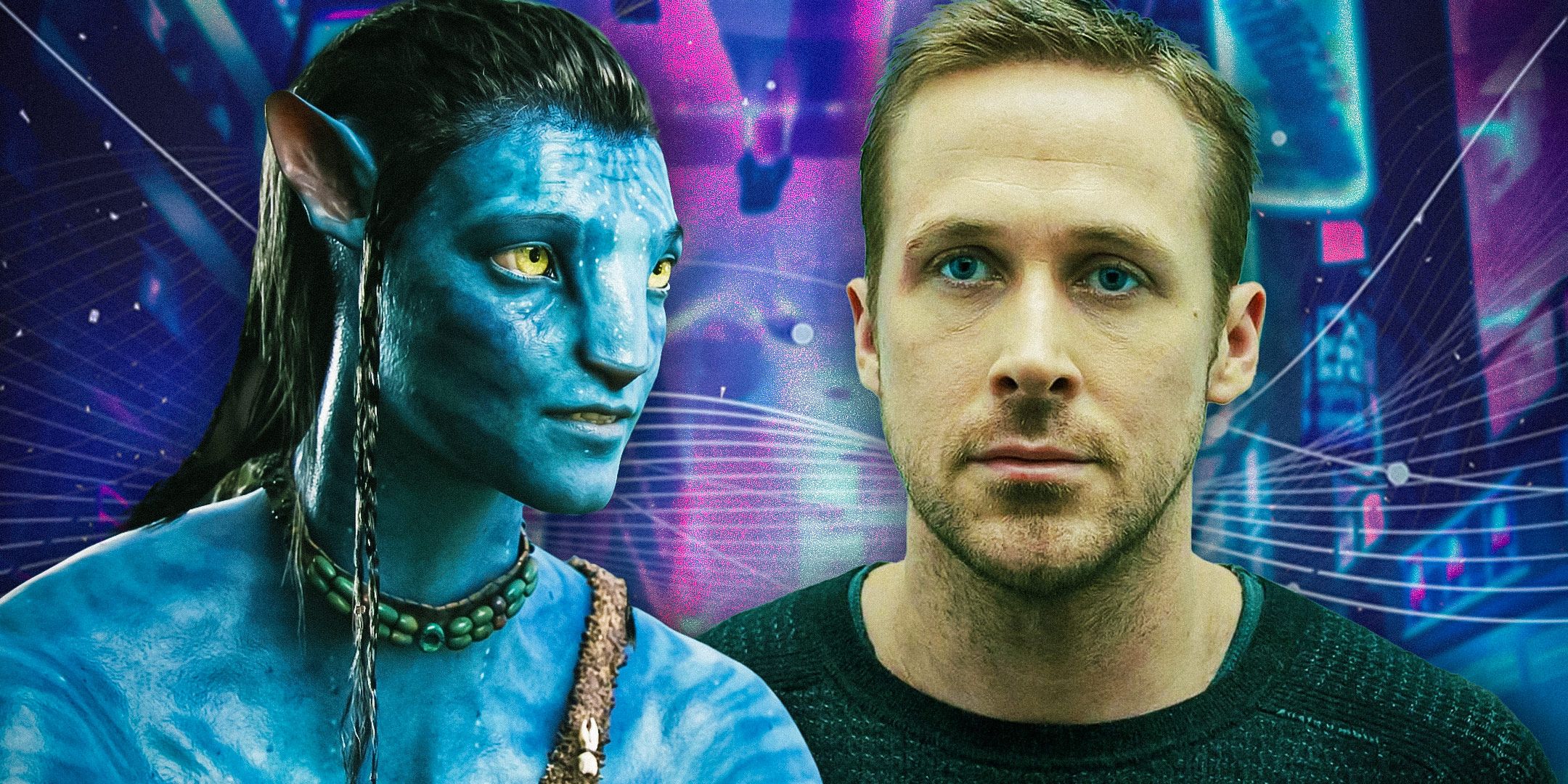
Related
10 Most Stunningly Beautiful Sci-Fi Movies Ever Made
Sci-fi creates limitless possibilities, so the genre has produced some of the most visually arresting and interesting movies ever made.
There's no attempt to dumb down what's happening on board the rocket for a broad audience, but everything is still clear and concise enough to make sense. Other movies might have opted for a more cinematic explosion, but Apollo 13 opts for realism, as always. (via TIME)
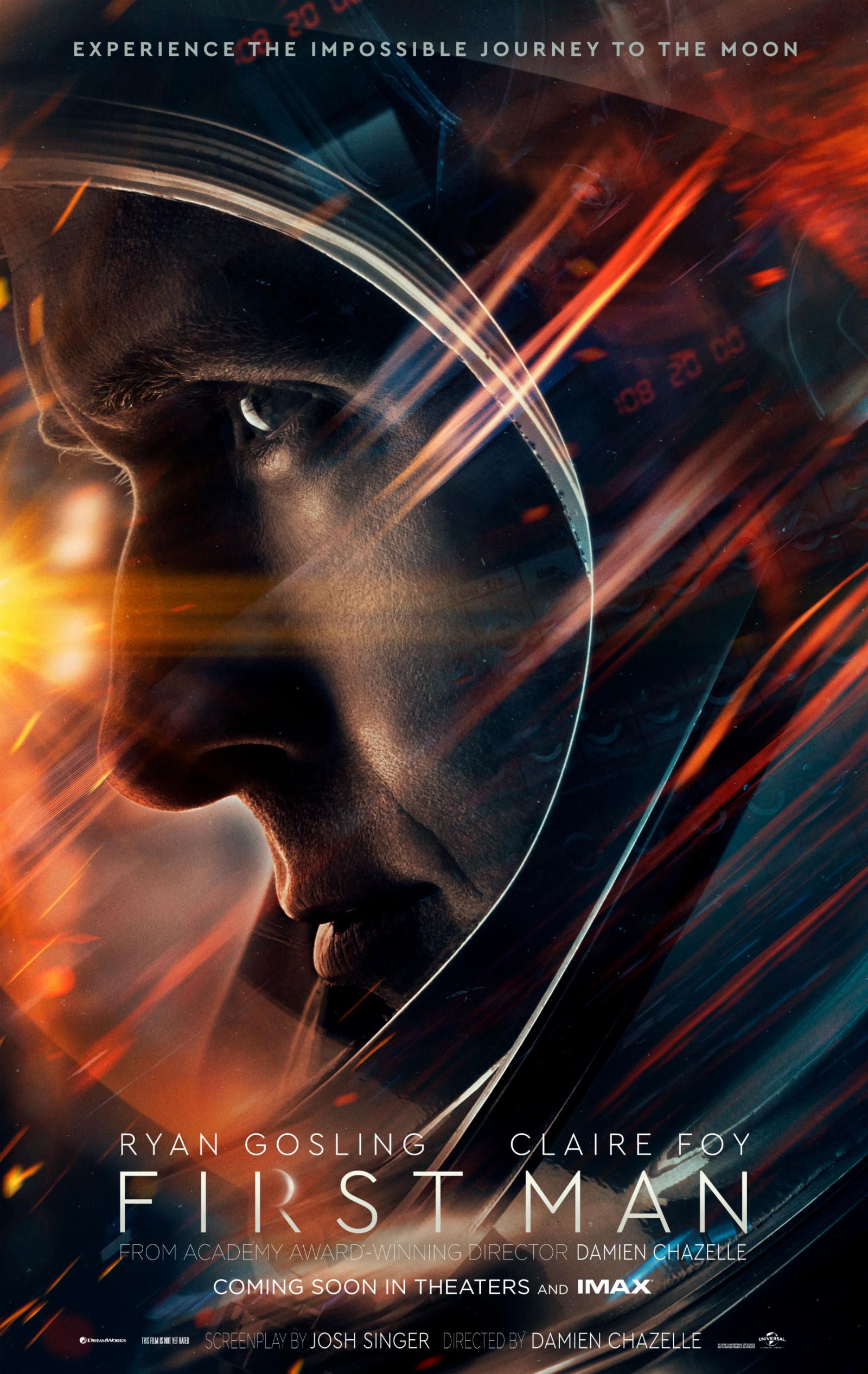
Just like Apollo 13, First Man tells a real-life story from the golden age of American space exploration. Damien Chazelle's Neil Armstrong biopic is filled with interesting period details which create an immersive sense of the 1960s, especially during the Apollo 11 mission.
First Man stays true to the real history of the Apollo 11 mission, and it's possible to watch the film and the footage from the landing side-by-side to see how much overlap there is. (via TIME) Everything could be bigger and more spectacular, but this wouldn't be accurate to Armstrong's experiences.
Interstellar typifies Christopher Nolan's approach to filmmaking in many ways. It's a blockbuster with an immense sense of scale, but it explores more thought-provoking concepts than most other big-budget movies. Interstellar mixes some speculative sci-fi with real theoretical physics.
Interstellar explores a few things that are only theoretically possible, so it's hard to score these scenes in terms of accuracy.
Interstellar explores a few things that are only theoretically possible, so it's hard to score these scenes in terms of accuracy. However, Nolan has still been admired for the way he brings such complex scientific ideas to a general audience. The film's depiction of black holes and time dilation is founded on more solid, widely accepted scientific thought. (via TIME)
Sources: Popular Mechanics, The Guardian, Esquire, Variety, SFGate, New Scientist, Science and Film, TIME, TIME









